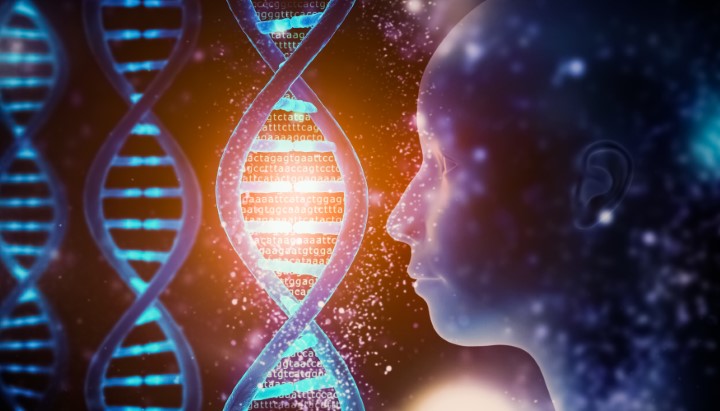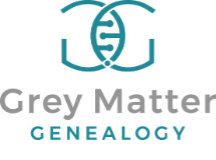Genetic Genealogy Research
Your DNA test results (atDNA, mtDNA, Y-DNA and X-DNA) can be the best available source to further your genealogical research, especially when documentary records are scarce. Getting beyond ethnicity estimates to identifying ancestors, however, requires specialized skills.
Successfully utilizing your DNA matches begins by defining your research goals. This will determine what type of DNA test is most relevant to meet your goal, and whether targeted testing is appropriate. Once test results are available, DNA matches must be sorted and evaluated. Based on the research goals, DNA matches across testing sites may be utilized to identify or confirm ancestors and breaking down brick walls.
Each project begins with the identification of a research goal, and a preparation of a research plan that includes proposed or completed DNA testing. Traditional family research is typically required to provide documentation to utilize DNA test results. The appropriate type of DNA analysis is identified and a budget defined. Once approved, a retainer is required.

A final written report will document traditional family research completed, including identification of records consulted, and copies or extracts of documents found. The report will also identify the specific DNA matches utilized, a description of their analysis and how they support the conclusion. As appropriate, a pedigree will be included.
FAQs
Which DNA test should I take?
The appropriate test, or combination of tests, is it determined by the research question you are asking. I can help you select the appropriate test and testing company, which can save you money and time in reaching your research goals.
